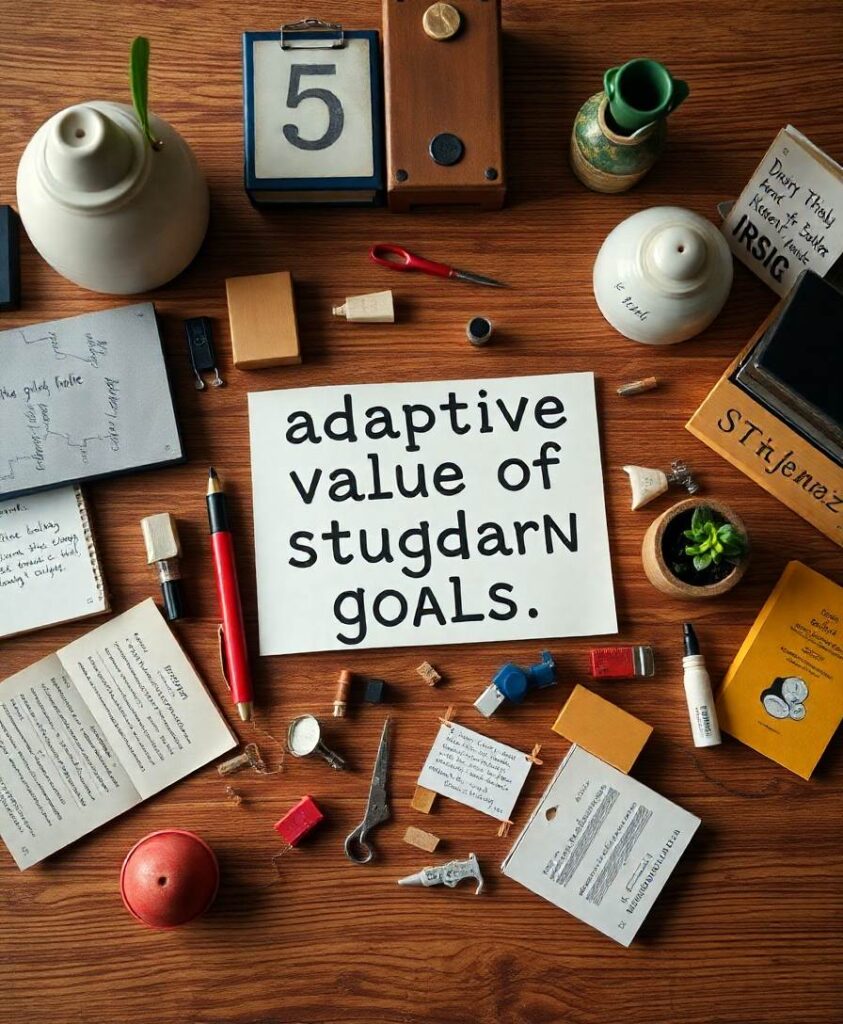Make‐or‐Break: Chasing Risky Goals or Settling for Safe Rewards?
Abstract
Humans regularly pursue activities characterized by dramatic success or failure outcomes where, critically, the chances of success depend on the time invested working toward it. How should people allocate time between such make‐or‐break challenges and safe alternatives, where rewards are more predictable (e.g., linear) functions of performance? We present a formal framework for studying time allocation between these two types of activities, and we explore optimal behavior in both one‐shot and dynamic versions of the problem. In the one‐shot version, we illustrate striking discontinuities in the optimal time allocation policy as we gradually change the parameters of the decision‐making problem. In the dynamic version, we formulate the optimal strategy—defined by a giving‐up threshold—which adaptively dictates when people should stop pursuing the make‐or‐break goal. We then show that this strategy is computationally inaccessible for humans, and we explore boundedly rational alternatives. We compare the performance of the optimal model against (a) a myopic giving‐up threshold that is easier to compute, and even simpler heuristic strategies that either (b) only decide whether or not to start pursuing the goal and never give up or (c) consider giving up at a fixed number of control points. Comparing strategies across environments, we investigate the cost and behavioral implications of sidestepping the computational burden of full rationality.
Li Wei is a Chinese-Canadian neuroscientist in Vancouver, studying brain plasticity and lifelong learning. He contributes articles on harnessing neurotechnology to expand human capabilities, drawing from his experiences in cross-cultural innovation hubs.

